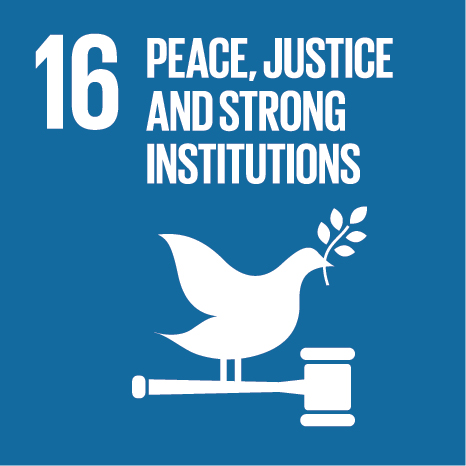 +265(0)111 624 222
+265(0)111 624 222 research@unima.ac.mw
research@unima.ac.mw Chirunga-Zomba, Malawi
Chirunga-Zomba, Malawi
Resisting Executive Power Grabs: Lessons from Malawi
Abstract
We examine how Malawi’s presidents have attempted to undermine the nation’s democracy between 2000 and 2022, analyzing the ways in which key institutions and actors have resisted executive overreach and power grabs. After a long history of authoritarian rule, Malawi’s 1994 constitution envisioned a robust separation of powers, yet power remains concentrated in the presidency. Presidents have repeatedly attempted to consolidate power but have been rebuffed at crucial moments. Presidents have attempted to constrain political opposition through personalist ties, the bureaucracy, control over executive appointments, regulation, and coercion. But the courts and civil society have been key actors in countering executive overreach, exemplified by the Constitutional Court’s annulment of the 2019 presidential election. Despite recent legal reforms, Malawi’s parliament, opposition parties, and other political institutions still struggle to check the executive.
| Original language | en |
| Pages (from-to) | 182-194 |
| Volume | 712 |
| Issue number | 1 |
| Publication status | Published - 2024 |
UN SDGs
This research output contributes to the following United Nations (UN) Sustainable Development Goals (SDGs)

UN SDGs
This research output contributes to the following United Nations (UN) Sustainable Development Goals (SDGs)

UN SDGs
This research output contributes to the following United Nations (UN) Sustainable Development Goals (SDGs)
